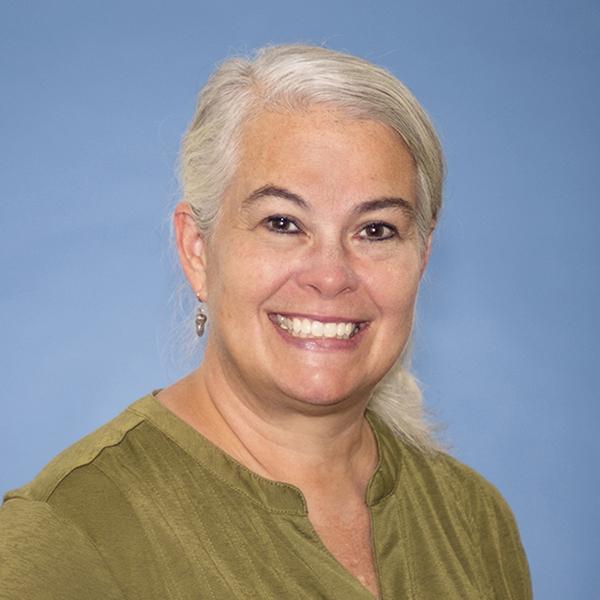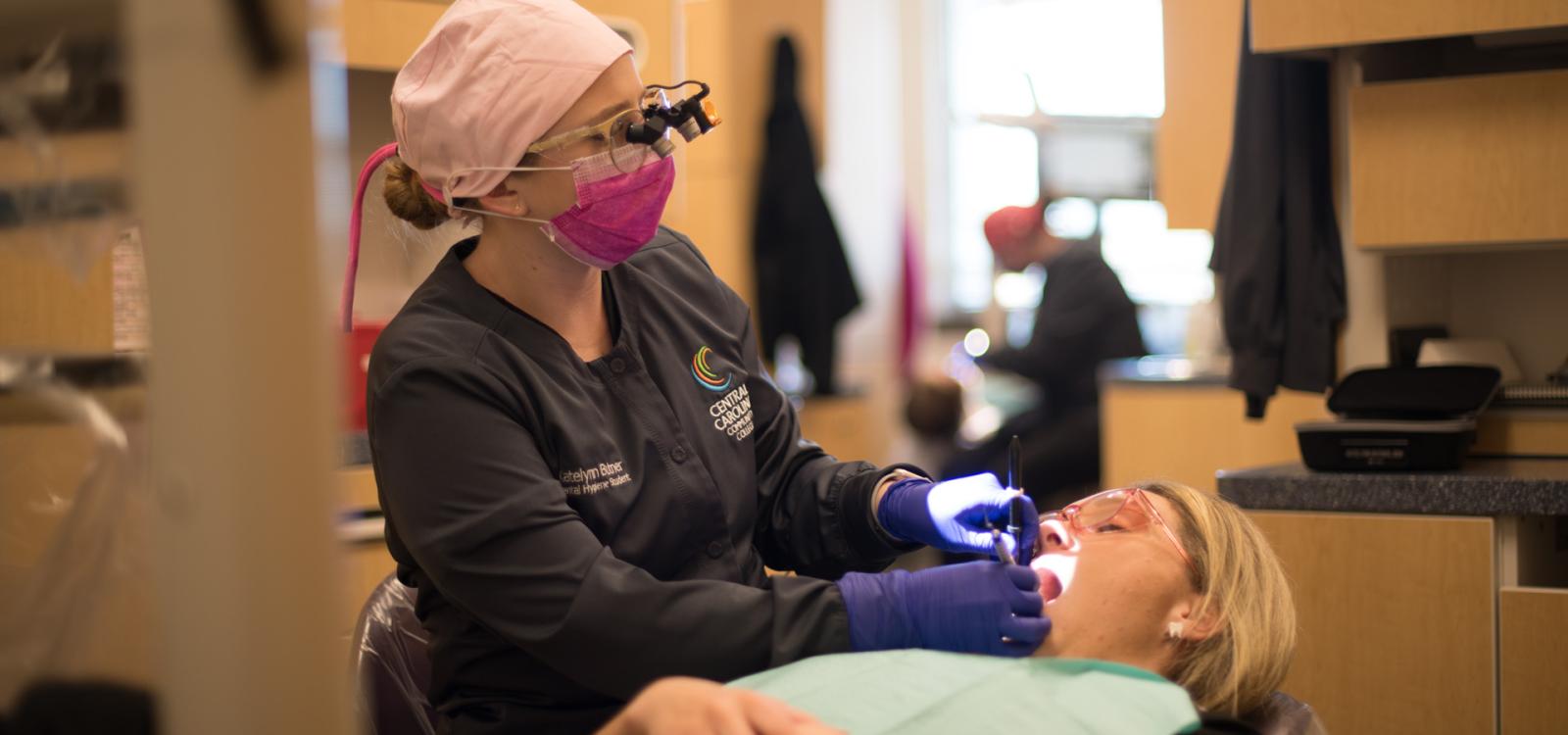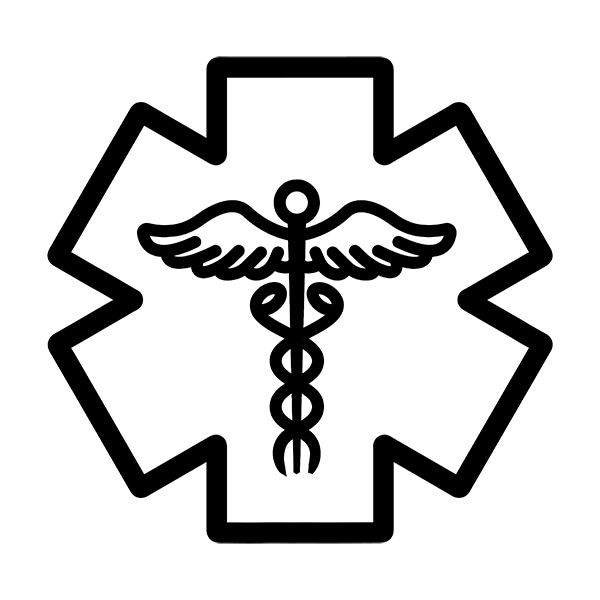

Dental Assisting & Dental Hygiene

Career Community:
Health Sciences
Start your path to a great job as a dental hygienist or assistant.


Health Sciences
Start your path to a great job as a dental hygienist or assistant.